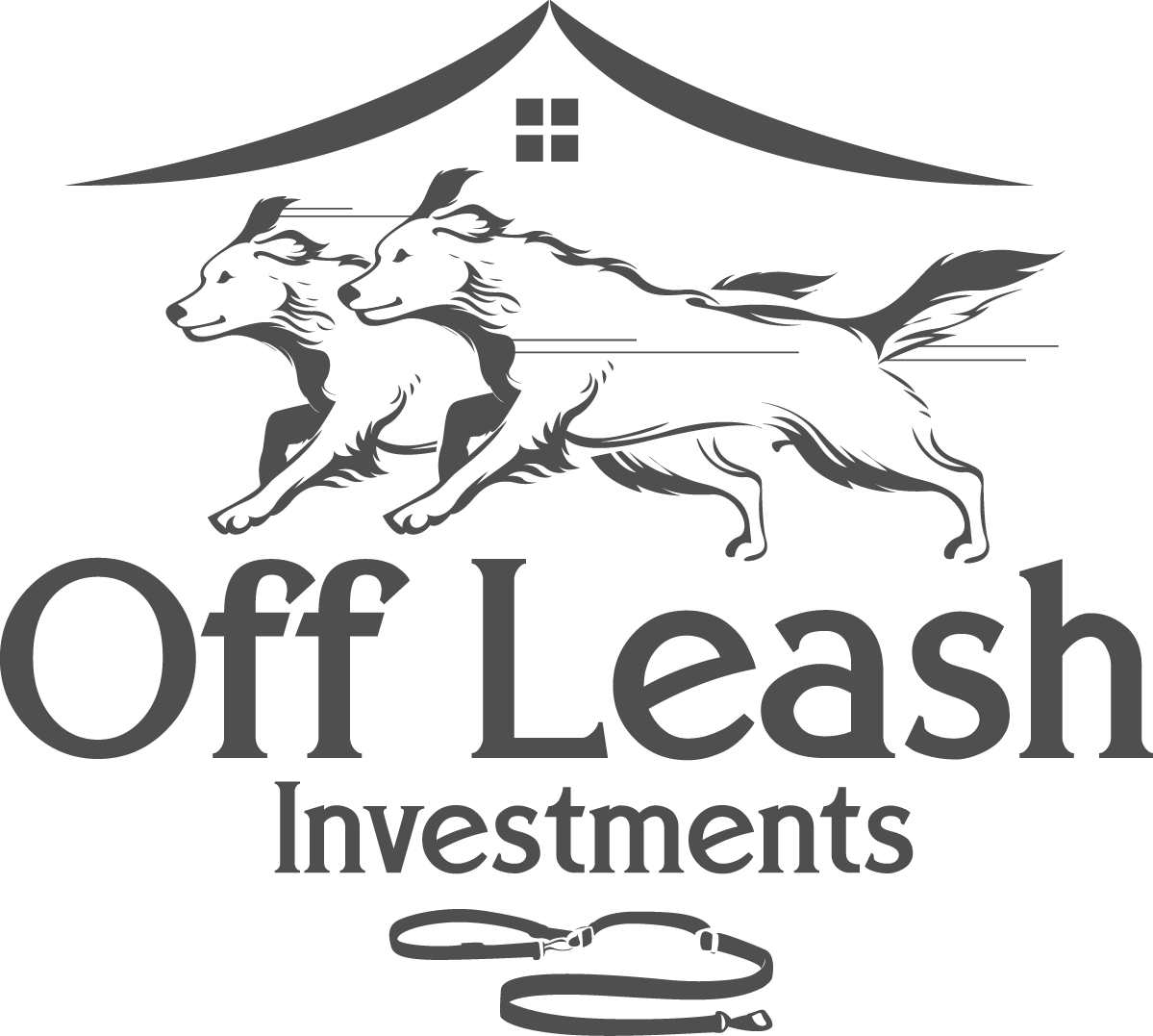Find YOUR Real Estate Investing Strategy
Investing in real estate is more than just buying property; it's a strategic journey towards financial freedom and personal fulfillment. Whether you're seeking a side income or building a full-time business, the path to success begins with choosing the right strategy. As a seasoned real estate investor and coach, I've seen how a lack of clear strategy can lead to confusion, missed opportunities, and even financial loss. This article will guide you through the essential strategies in real estate investing, helping you find the one that aligns with your unique goals and resources.
The Importance of Strategy in Real Estate Investing
A well-defined strategy is your roadmap in the complex world of real estate. Without it, you may find yourself chasing multiple opportunities without success. I've seen investors spread themselves too thin, leading to the proverbial situation of "chasing too many rabbits and catching none." A focused approach, on the other hand, can lead to consistent success.
Criteria for Choosing a Strategy
Capital Availability: Assess your financial resources. Different strategies require varying levels of capital.
Level of Involvement: Some strategies demand more time and effort. Know how involved you want to be.
Alignment with Goals: Your strategy should resonate with your long-term vision and financial aspirations.
Overview of Key Real Estate Investment Strategies
Each strategy has its unique characteristics, benefits, and challenges. Here's a comprehensive look:
Flipping
Quick profits through buying, renovating, and selling properties.
Pros: Potential for large profits.
Cons: High tax, high risk, market-dependent.
Buy and Hold
A long-term approach to wealth building.
Pros: Steady growth, potential for passive income.
Cons: Slower returns, capital-intensive.
BRRRR (Buy, Rehab, Rent, Refinance, Repeat)
A multifaceted approach for experienced investors.
Pros: High returns, scalability.
Cons: Requires expertise, time, and systems.
Long Term Rentals
Investing in properties for ongoing rental income.
Pros: Stable income, appreciation potential.
Cons: Tenant management, maintenance.
Short Term Rentals (Airbnb)
Renting properties for short periods, often to tourists.
Pros: Lucrative, flexible.
Cons: Volatile, legal challenges.
Turnkey
Purchasing ready-to-rent properties.
Pros: Easy entry, minimal effort.
Cons: Lower returns, less control.
Wholesale
Quickly selling contracts to other investors.
Pros: Fast cash, teaches deal flow.
Cons: Short-term focus, no asset accumulation.
Multifamily
Investing in apartment buildings or complexes.
Pros: Stable cash flow, economies of scale.
Cons: Higher entry cost, tenant quality.
House Hack
Living in one part of a property while renting the rest.
Pros: Loan options, reduced living expenses.
Cons: Shared space, tenant relationships.
How to Choose the Right Strategy
Choosing the right strategy is a personal decision, influenced by your goals, risk tolerance, and market conditions. Here's how to approach it:
Assess Your Goals: Define what success looks like for you. Is it financial independence, a retirement fund, or a new career?
Understand Your Risk Tolerance: Evaluate your comfort with risk. High-risk strategies may offer greater rewards but come with more uncertainty.
Consult with Experts: Seek professional guidance, like coaching or mentorship, to navigate the complexities of real estate investing.
Real estate investing is a journey filled with opportunities and challenges. Finding the right strategy is the cornerstone of success, guiding you towards your dreams and away from potential pitfalls. Remember, it's not about chasing every opportunity but finding the one that resonates with your unique situation. Your strategy is your key to unlocking the door to a better life through real estate.
Ready to find the strategy that fits your investing goals? Book time to chat with me at Consult.Giulioni.com or explore our membership community for personalized guidance, resources, and support.
